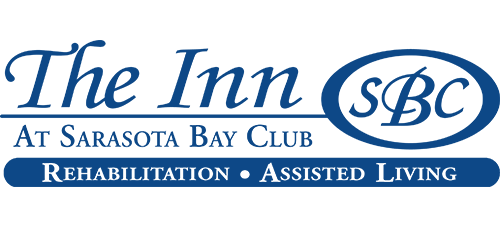 Alzheimer’s is a degenerative brain disease that is affecting about 5.5 million people worldwide as of 2017. This disease attacks and destroys healthy neurons in the brain, cutting off the connections between neurons.
Alzheimer’s is a degenerative brain disease that is affecting about 5.5 million people worldwide as of 2017. This disease attacks and destroys healthy neurons in the brain, cutting off the connections between neurons.
By developing more awareness of the disease, family members can make more informed decisions regarding assisted living or retirement community options that best cater to the needs of your loved one. For those who wish to understand more about the disease, its causes, and symptoms, read more below to better understand what areas of the brain that Alzheimer’s tends to affect and what faculties each area of the brain controls.
Related Blog: Signs and Symptoms of Alzheimer’s & Dementia
Temporal Lobe
The temporal lobe is integral to faculties such as language, long-term memory retention and the development of complex ideas. When Alzheimer’s begins to affect this region of the brain, individuals might have difficulty recognizing otherwise familiar objects and people. The ability to communicate effectively and understand certain complex concepts also may become impaired. As the disease progresses, personal information might become challenging to recollect.
Frontal Lobe
The frontal lobe is responsible for a wide array of behaviors, such as learning and problem solving. When the frontal lobe becomes affected by Alzheimer’s, tasks such as cleaning, driving or even walking may become impaired. As time goes on, movement becomes more and more challenging. Slowed-down, seemingly exhausted movement is a common symptom of damage to the frontal lobe. If a loved one has been diagnosed with Alzheimer’s, seeking assisted living options or a place to retire is often recommended to keep accidents from happening.
Parietal Lobe
Many activities involved in the processing of sensory information is controlled by the parietal lobe. When this area of the brain becomes comprised, reading, writing, mathematics calculations, and other tasks becomes impaired. Also, depth perception and the ability to navigate one's self in a three-dimensional space becomes very difficult.
By understanding more about how Alzheimer’s affects the human brain, you can make more informed decisions regarding assisted living or retirement communities best suited for your loved one. Alzheimer’s is a challenging disease that requires constant attention from trained caregivers. If a loved one of yours has been diagnosed with this disease, it’s important to remember you don’t have to take on all the care giving yourself. Assisted living or retirement communities work to enhance the lives of those with Alzheimer’s, giving your loved one the care he or she needs.











